|
WATCH THIS
Where the Wild Things Are
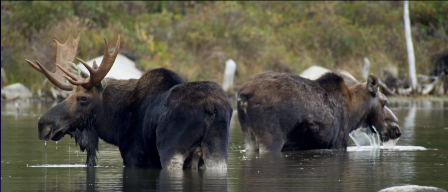
There's no question that New England has some amazing wildlife diversity, but most of us never get the chance to see it up close and personal—until now.
Award-winning cinematographer/producer Christian Muñoz-Donoso of Equilibrio Films teamed up with Mass Audubon to create a series of 3- to 5-minute ultra high definition videos that show off the unique landscapes and spectacular
wildlife in Massachusetts and other parts of New England.
Watch the vivid videos of landlocked salmon, bald eagles, harlequin ducks, and more >>
Photo © Christian Muñoz-Donoso/Equilibrio Films
PROGRAM NOTES
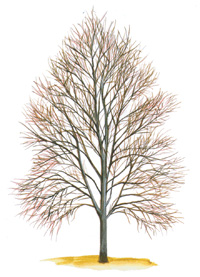 Top 5 Trees to ID in Winter Top 5 Trees to ID in Winter
In the spring and summer, it's relatively easy to distinguish a maple tree from, say, a beech. But once the leaves disappear, that task becomes more challenging.
So how do you identify trees in the winter? Tia Pinney, a teacher and naturalist extraordinaire at Drumlin Farm, offers a few tips and tricks of the trade.
Five easy-to-identify trees in winter (and the programs and resources to learn more) >>
Photo © The Sibley Guide to Trees
SNAPSHOT
Where in Mass Audubon Are We Now?

Congratulations to everyone who guessed that the last photo featured in Explorations was taken at Ipswich River Wildlife Sanctuary in Topsfield. Of all of those with correct guesses, Carla of Andover was chosen at random to be the lucky winner of a pocket field guide.
Ready to guess another Mass Audubon wildlife sanctuary?
The sanctuary shown above is rich in Native American and colonial history while its nature center (a converted barn) operates completely on the electricity generated on-site by its roof-mounted photovoltaic arrays.
Email your guess by March 15 and you could win a pocket field guide >>
Photo © Tim Rice
LIVING WITH WILDLIFE
The Snowiest Snow Bird
 They may only be part-time residents, but snowy owls hold a special place in the hearts of New Englanders. The largest owl in North America spends its winters here (balmy compared with their Arctic breeding grounds). They may only be part-time residents, but snowy owls hold a special place in the hearts of New Englanders. The largest owl in North America spends its winters here (balmy compared with their Arctic breeding grounds).
Norman Smith, sanctuary director at Blue Hills Trailside Museum in Milton, has been tracking and studying these unique predators for over 30 years. So far, at least six snowy owls have been spotted at Logan Airport this winter and one was outfitted with a satellite transmitter to track its movements.
Learn more about Norman's snowy owl research >>
EVENT
How Sweet It Is
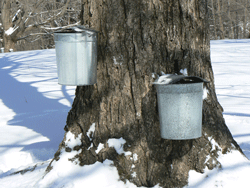 As far as New England traditions go, it doesn't get much sweeter than maple sugaring. Every year from February to early April, trees are tapped, sap starts dripping, and buckets fill up. As far as New England traditions go, it doesn't get much sweeter than maple sugaring. Every year from February to early April, trees are tapped, sap starts dripping, and buckets fill up.
Across the state our wildlife sanctuaries sweeten the deal with fun, educational, and delicious maple sugaring festivities. Expect syrup-laden pancakes, sap dogs, maple-coated popcorn, and more.
Find a maple sugaring event near you >>
GET INVOLVED
Bird Bird Bird...Bird is the Word
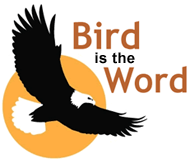 For the past 19 years, Mass Audubon has set out to create the ultimate one-day birding forum. And this year's annual Birders Meeting, taking place on March 5, is no exception. For the past 19 years, Mass Audubon has set out to create the ultimate one-day birding forum. And this year's annual Birders Meeting, taking place on March 5, is no exception.
Donald and Lillian Stokes, as well as Sy Montgomery, are among a jam-packed list of speakers who will touch on everything from birding outside the box to avian abnormalities. And don't forget all the excellent vendors who will be showing off their latest and greatest wares.
Register before February 25 and get an "early-bird" discount. >>
|
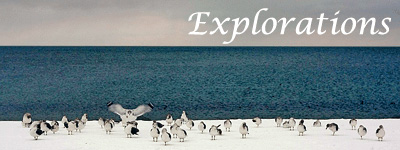
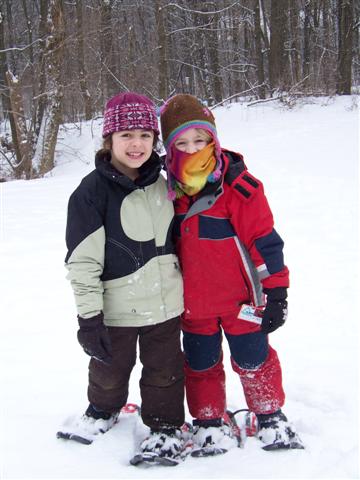
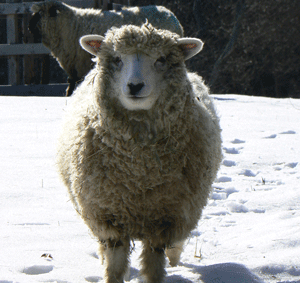


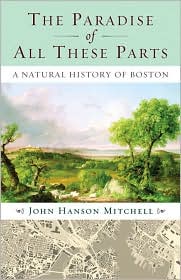



 Top 5 Trees to ID in Winter
Top 5 Trees to ID in Winter
 They may only be part-time residents, but snowy owls hold a special place in the hearts of New Englanders. The largest owl in North America spends its winters here (balmy compared with their Arctic breeding grounds).
They may only be part-time residents, but snowy owls hold a special place in the hearts of New Englanders. The largest owl in North America spends its winters here (balmy compared with their Arctic breeding grounds).  As far as New England traditions go, it doesn't get much sweeter than maple sugaring. Every year from February to early April, trees are tapped, sap starts dripping, and buckets fill up.
As far as New England traditions go, it doesn't get much sweeter than maple sugaring. Every year from February to early April, trees are tapped, sap starts dripping, and buckets fill up. For the past 19 years, Mass Audubon has set out to create the ultimate one-day birding forum. And this year's annual Birders Meeting, taking place on March 5, is no exception.
For the past 19 years, Mass Audubon has set out to create the ultimate one-day birding forum. And this year's annual Birders Meeting, taking place on March 5, is no exception. 